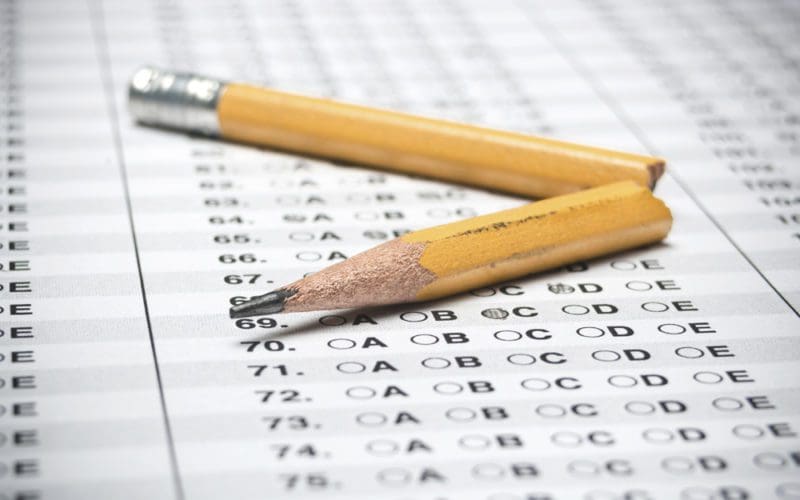Earlier this week, the federal government released nationwide test results showing a decline in Texas students’ reading and math scores.
Every other year, the National Center for Education Statistics (NCES) administers the congressionally mandated National Assessment of Educational Progress (NAEP) to fourth- and eighth-grade students at select schools across the country. Each state is provided average scores out of a possible 500 for every tested category.
According to this year’s assessment, the nation’s average scores for fourth- and eighth-graders in reading and mathematics declined, and so did students’ confidence in their academic abilities. The NCES also reported the “largest ever” overall decline in students’ mathematics scores since the agency began assessing the subject.
The NCES blamed the low test scores on the COVID-19 pandemic, citing “instability at home, decreased access to resources, teacher shortages, cyberbullying, and an uptick in violence once schools reopened.” However, the agency failed to mention the impact of school closures, which pushed students across the country out of schools and forced them to attend virtual classes, causing millions to fall behind.
Although the NAEP results rank Texas above the national average in reading among fourth-graders, math and reading scores for fourth and eighth-graders declined.
The average mathematics score for Texas fourth-graders was 239, lower than the 2019 score of 244. Additionally, the percentage of students meeting the NAEP’s Basic Level dropped from 84 percent to 78 percent. Fourth-graders’ reading skills also declined, with an average score of 214 failing to meet 2019’s average of 216.
Texas’ best statewide results came from the eighth-grade reading assessment, where 2022’s score of 255 was only one point away from 2019’s average of 256. However, the score is Texas’ lowest since the NCES first administered the test in 1998, and the state still ranks behind the national average of 259.
Eighth-grade mathematics saw the biggest drop in test scores, with Texas’ average falling seven points, from 280 to 273. The NAEP results also show a decrease in the percentage of Texas students who can complete math problems for their grade level, with the 2019 average of 68 percent falling to 61 percent in 2022.
NCES Associate Commissioner for Assessment Daniel J. McGrath warned about the potential effects poor mathematics skills can have on students’ futures.
“Eighth grade is a pivotal moment in students’ mathematics education, as they develop key mathematics skills for further learning and potential careers in mathematics and science,” said McGrath. “If left unaddressed, this could alter the trajectories and life opportunities of a whole cohort of young people, potentially reducing their abilities to pursue rewarding and productive careers in mathematics, science, and technology.”
As test scores fall and schools promote radical gender ideologies and divisive racial policies, parents across the state are calling for lawmakers to implement school choice legislation and provide students with other options.





